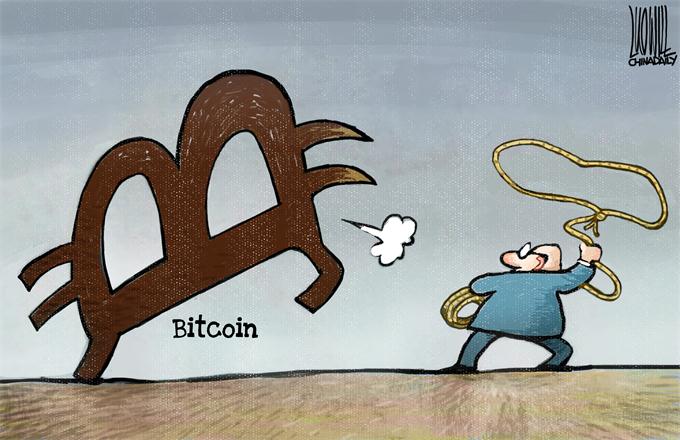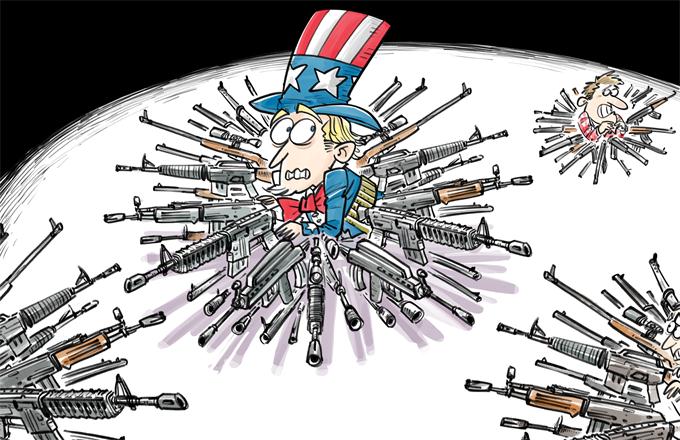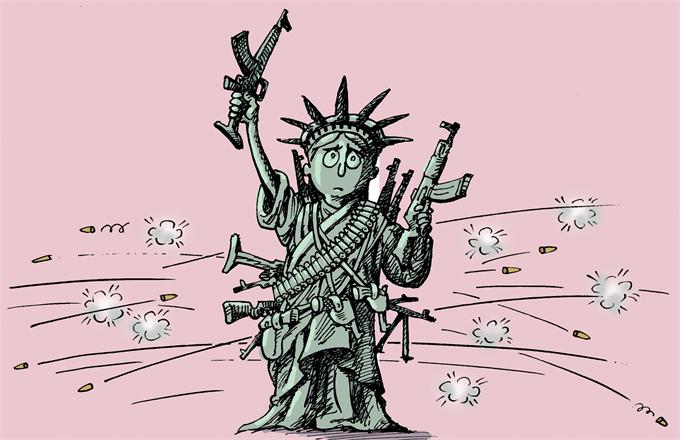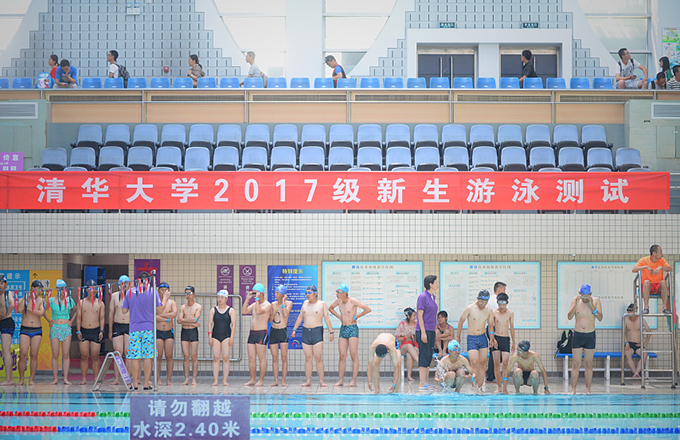Training helps improve law enforcement
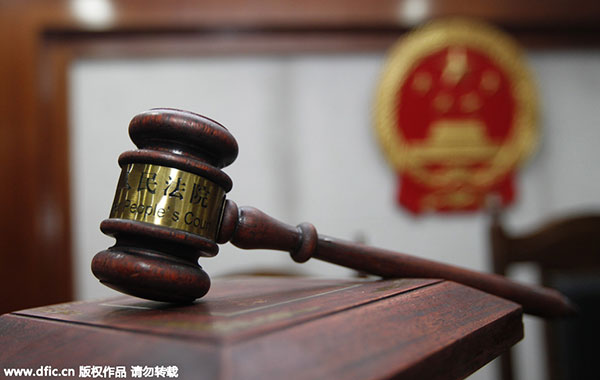 |
|
A gavel in a court. [Photo/IC] |
The top judicial organ's training session is part of efforts to fix what is wrong and improve law enforcement. Over a year ago, the Ministry of Public Security also provided similar training to police officers.
The tightening of the restrictions on law enforcement personnel using their powers sends the message that the code of conduct for law enforcement personnel is not just to assist the enforcers of the law in carrying out their duties, but also about protecting citizens' legitimate rights.
Unlike their counterparts who patrol the streets and track down criminals, the court officers more frequently deal with lawyers, who know well the relevant laws and regulations, and hence have higher expectations of law enforcement.
Elaborating on the lines that the court officers must not cross, in particular, could help resolve many judicial disputes. That video records of the law enforcement in the courts will be kept and can be retrieved if need be, which was confirmed by a Supreme People's Court official, will help resolve complaints.
Prohibiting discriminatory security checks on lawyers marks a no-less-important attempt to improve justice. It is hoped that better trained court officers will play a constructive role in enforcing the law.
- Summary of outcomes of First China-US Law Enforcement and Cybersecurity Dialogue
- Law enforcement, cybersecurity dialogue strengthens China-U.S. cooperation
- China, US hold first law enforcement and cybersecurity dialogue
- China, US hold first law enforcement and cybersecurity dialogue
- Top legislator wants better law enforcement of solid waste pollution





